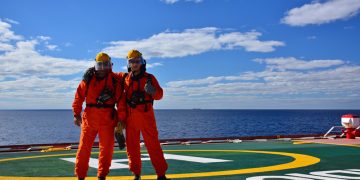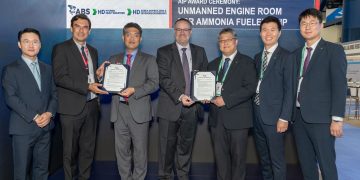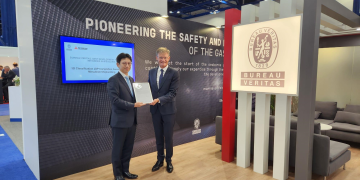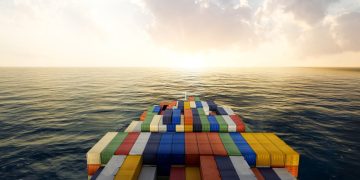Ten tips on professional email writing
Organizations - including maritime ones - receive a large amount of emails every day. In most cases this can lead to disorganization or inefficiency. These business email tips will help you understand the email writing format!
Read more

































































